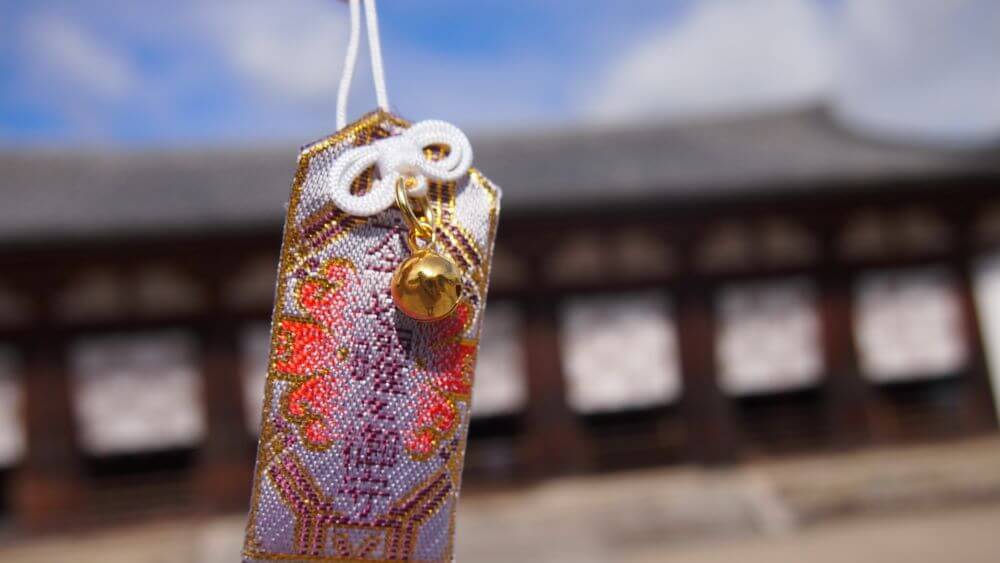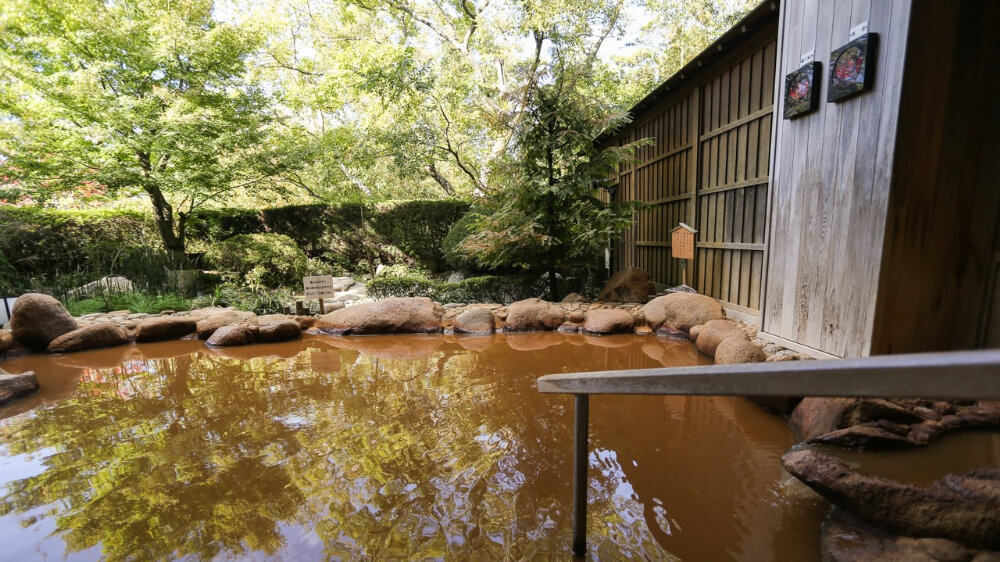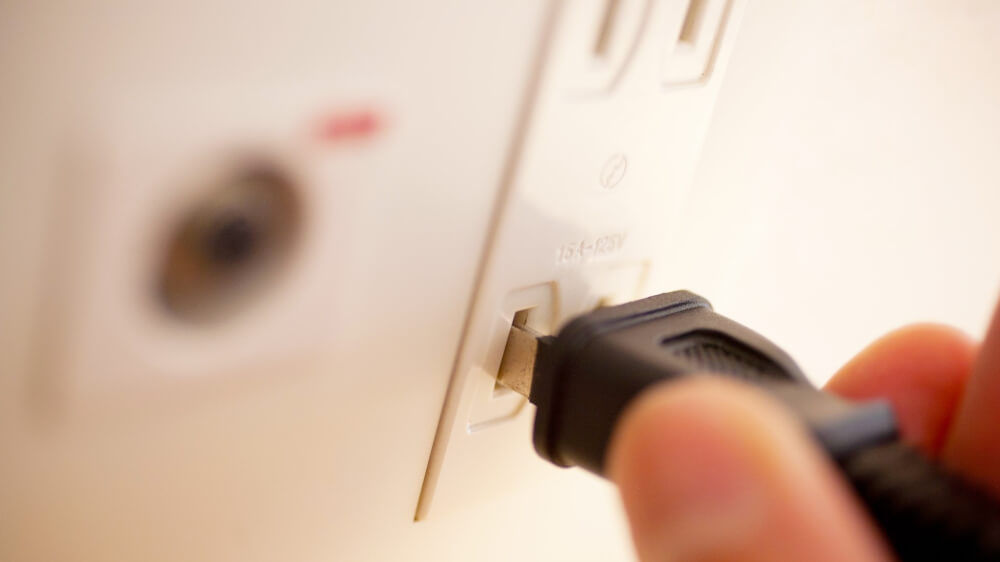Japanese amulets, known as ‘omamori,’ play a crucial role in Japan’s cultural and spiritual practices. Available at numerous shrines and temples, these small, blessed items captivate travelers with their unique benefits. In this guide, we delve into the various types of Japanese amulets, their specific meanings, and the unique advantages they offer. Explore the rich history and discover one-of-a-kind amulets exclusive to Japan.
Japanese Culture and Amulets
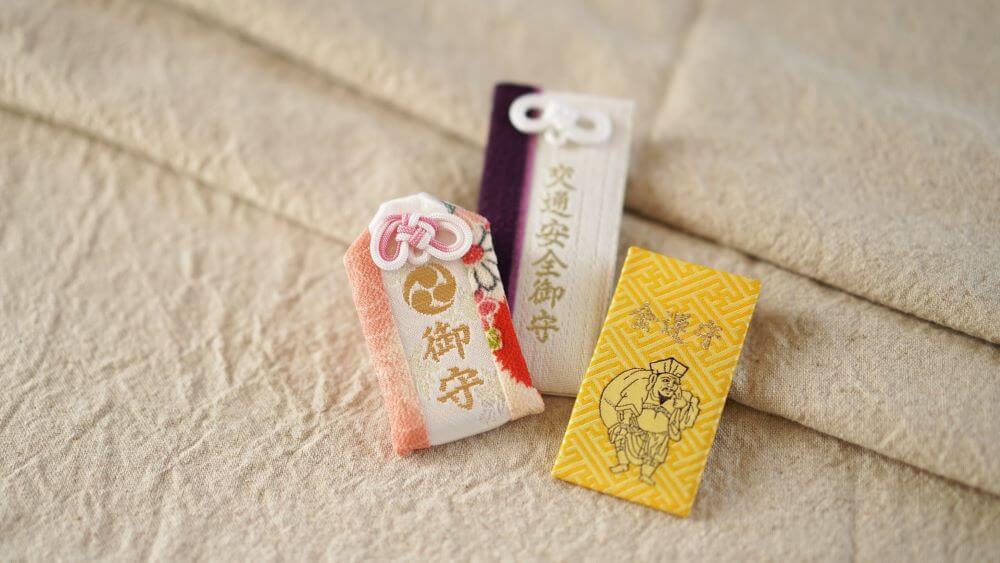
The History of Amulets
The origin of amulets dates back to ancient Japan. Initially, they were rooted in beliefs of worshipping nature and ancestral spirits. With the introduction of Shinto and Buddhism, amulets evolved, incorporating elements from these religions. In Shinto, amulets are believed to hold the power of deities, while in Buddhism, they provide protection from Buddhas and Bodhisattvas.
The Meaning and Benefits of Amulets
Amulets are believed to bring benefits for specific wishes or goals. Examples include traffic safety, health, academic success, matchmaking, and safe childbirth. They are sold at shrines and temples and are carried or placed at home to protect the owner.
How to Use Amulets
Amulets are typically kept close, such as worn, placed in a wallet or bag, or displayed at home. They are usually effective for one year, after which it is customary to return the old amulet to the shrine or temple and receive a new one.
Types and Meanings of Popular Japanese Amulets
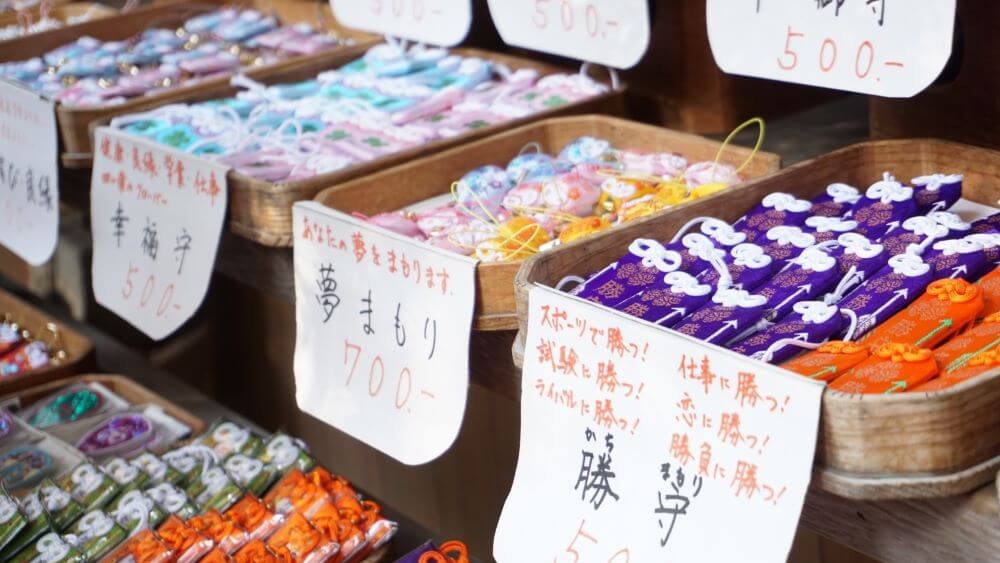
Traffic Safety Amulets
Traffic safety amulets (koutsuu-anzen) are particularly popular for ensuring safety during travel. This amulet offers protection not only against car and motorcycle accidents but also for those without a license, ensuring safety during commutes or while traveling to and from school or work.
- Meiji Jingu (Tokyo)
- Kanda Myojin (Tokyo)
- Atsuta Shrine (Aichi)
- Fushimi Inari Shrine (Kyoto)
- Naritasan Fudoson (Osaka).
Health and Recovery Amulets
Health amulets (kenkou-kigan) are for wishing to stay healthy every day without falling ill. On the other hand, Illness recovery amulets (byouki-heiyu) are for praying for the recovery and swift healing from illnesses. Longevity amulets are also available for wishing long life.
- Gojoten Shrine (Tokyo)
- Karasumori Shrine (Tokyo)
- Sai Shrine (Nara)
- Ishikiri Tsurugiya Shrine (Osaka)
Academic Success Amulets
Academic success amulets (gakugyo-jouju) are for achieving study goals and improving grades. Exam success amulets are popular among students preparing for tests or school entry exams. These amulets are often worn or attached to school bags.
- Daizaifu Tenmangu (Fukuoka)
- Yushima Tenmangu (Tokyo)
- Kameido Tenjin Shrine (Tokyo)
- Kitano Tenmangu (Kyoto)
Matchmaking and Love Amulets
Love and matchmaking amulet (senmusubi) are used to enhance romantic and marital luck, particularly popular among young women. These amulets not only focus on romantic relationships but also aim to foster harmonious relationships between spouses or couples.
- Izumo Taisha (Shimane)
- Tokyo Daijingu (Tokyo)
- Shimogamo Shrine (Kyoto)
- Kifune Shrine (Kyoto)
Safe Childbirth and Fertility Amulets
Fertility amulets (kodakara) are for couples hoping to conceive and be blessed with children. Safe childbirth amulets (anzan) are for praying for the safe delivery of pregnant women.
- Suitengu (Tokyo)
- Ōkannon-ji Temple (Tokyo)
- Yamanaka Suwa Shrine (Yamanashi
- Sumiyoshi Taisha (Osaka).
Business Success and Wealth Amulets
Business prosperity amulets (syoubai-hanjou) are for praying for the success and prosperity of one’s business, particularly popular among entrepreneurs and company owners. For businessmen wishing for increased income and career advancement, financial luck amulets (kin-un) or career success amulets (syusse-seikou) are recommended.
- Fushimi Inari Shrine (Kyoto)
- Kanda Myojin (Tokyo)
- Atsuta Shrine (Aichi)
- Sumiyoshi Taisha (Osaka)
Unique Japanese Amulets
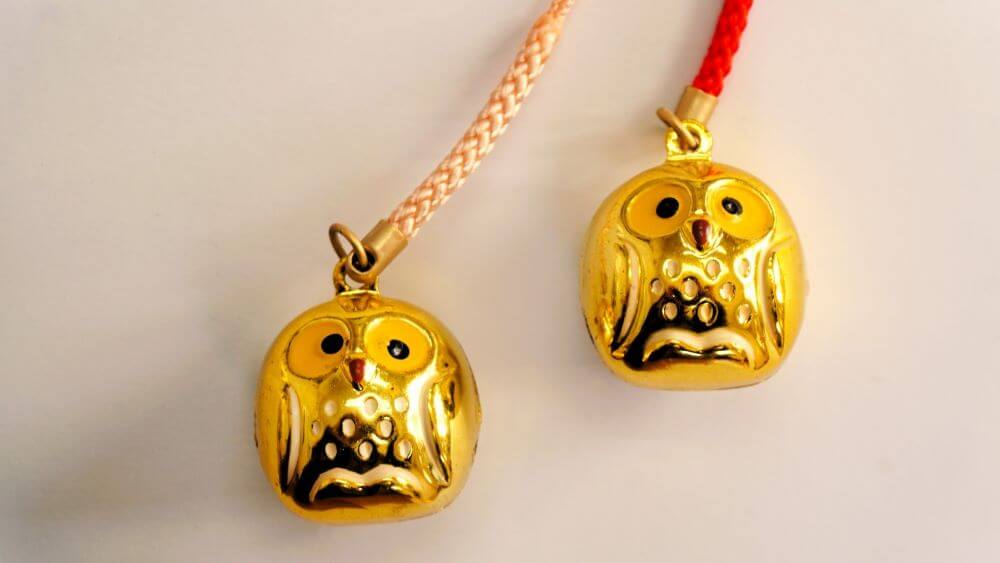
Maneki Neko Amulets
Maneki Neko (beckoning cat) symbolises good luck and business prosperity. These amulets are recommended for those who have thier own shops or companies. They can be found at Gotokuji Temple (Tokyo) and Imado Shrine (Tokyo).
Mount Fuji Amulets
Amulets featuring Mount Fuji are unique and popular among tourists. These can be found at Fujisan Hongu Sengen Taisha (Yamanashi) and Fujisan Komitake Shrine (Yamanashi).
Character Amulets
Amulets featuring popular Japanese characters are a hit with subculture enthusiasts. Kanda Myojin (Tokyo) offers Love Live collaboration amulets, while Ghibli Park (Aichi) sells cute Ghibli-themed amulets. Hello Kitty amulets are especially popular and available at Togo Shrine (Tokyo) near Harajuku’s Takeshita Street.
Amulets are a part of Japanese culture and beliefs, seamlessly integrated into daily life. Understanding their history and meanings enhances appreciation of Japanese culture. When visiting Japan, be sure to get an amulet from a shrine or temple.
